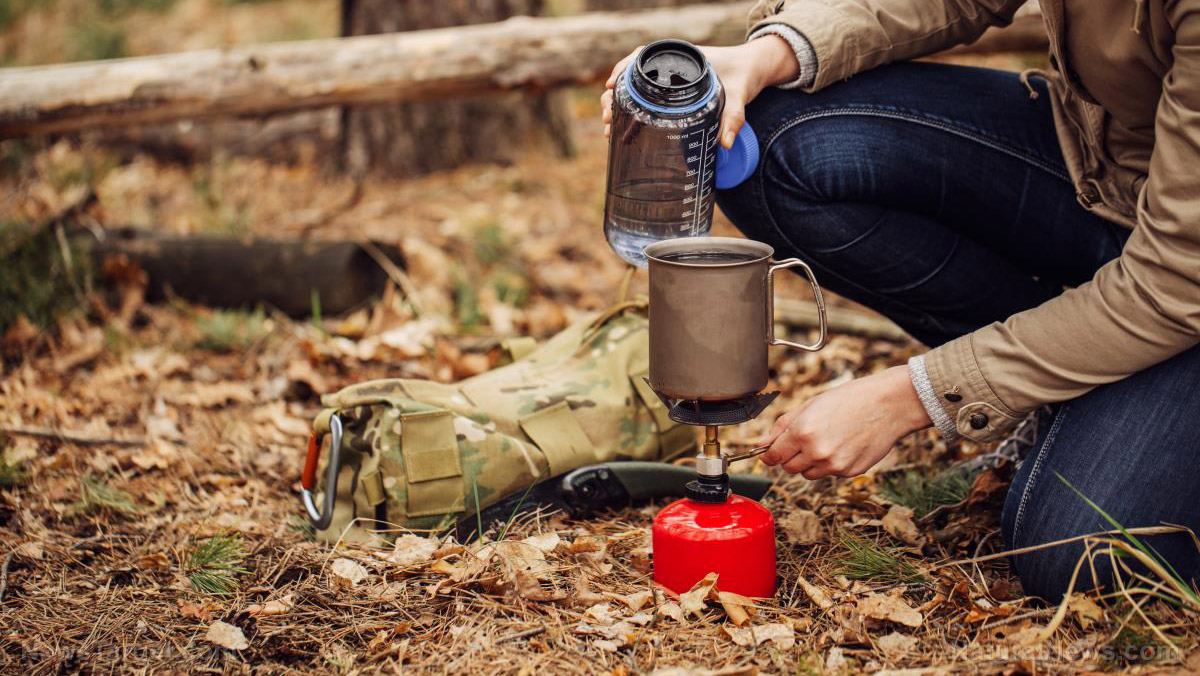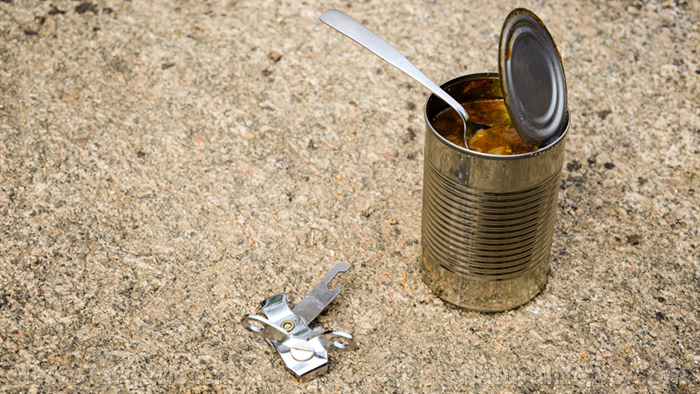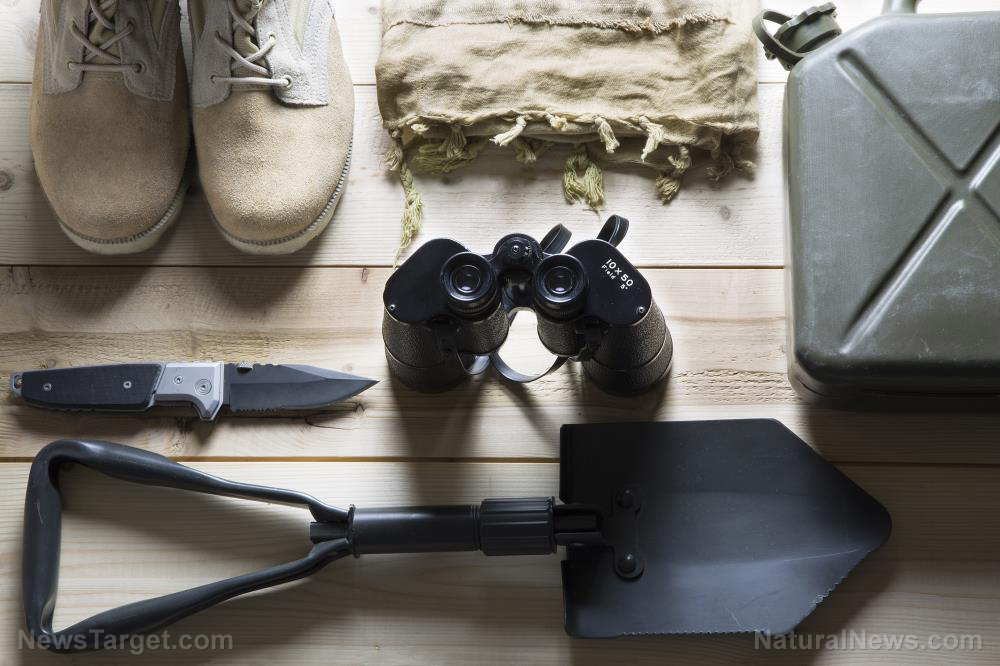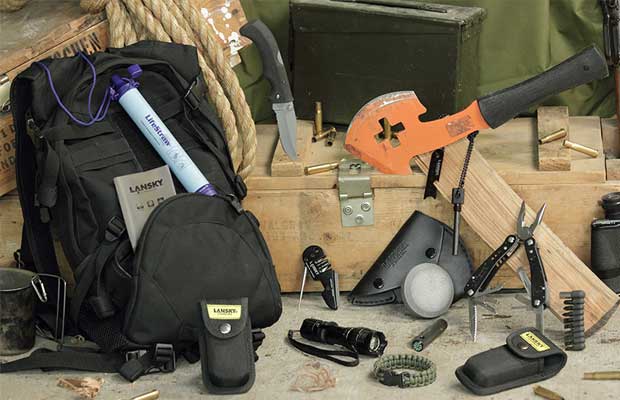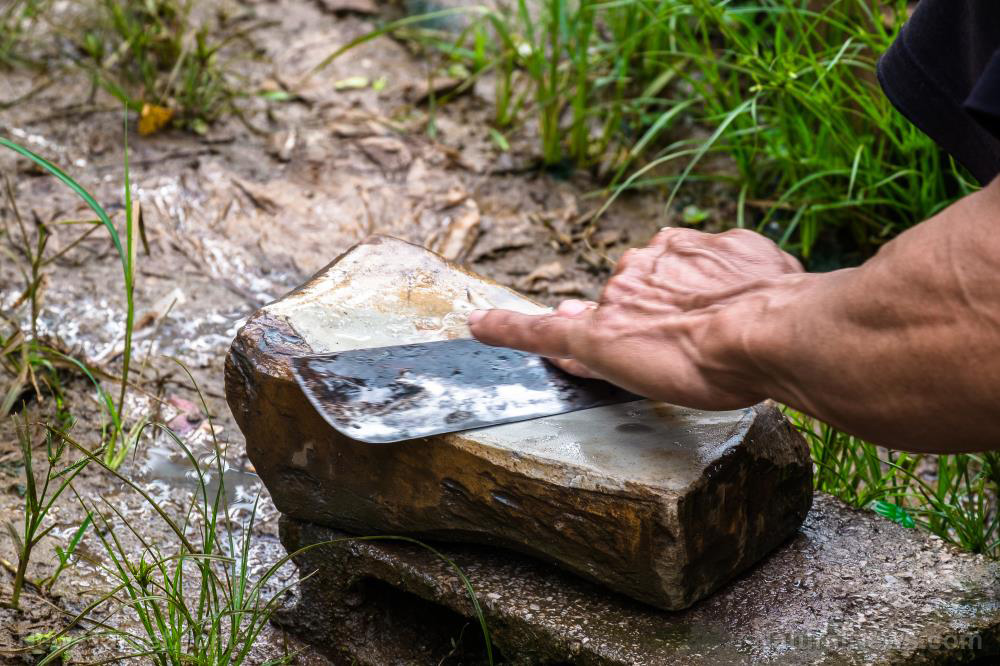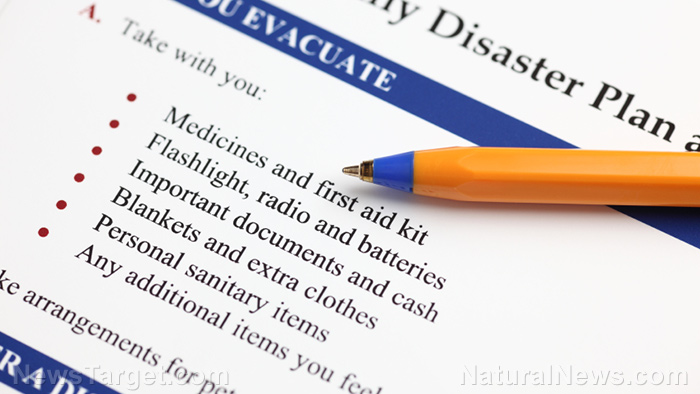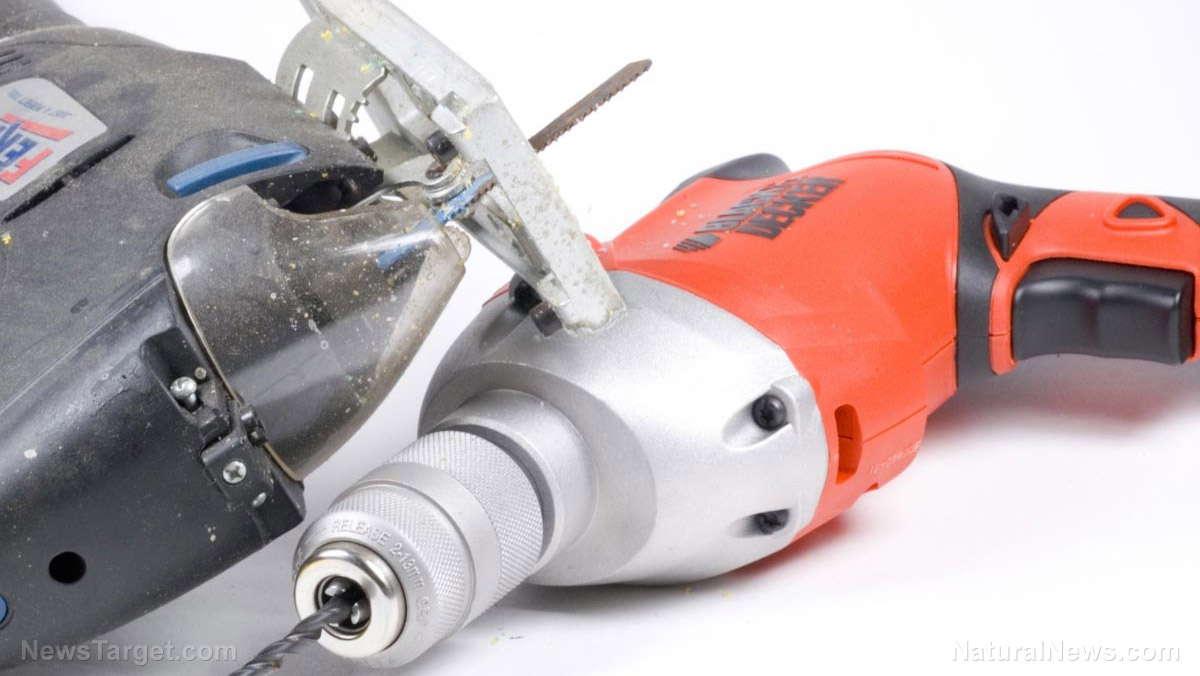Prepping on the go: How to live and survive in a travel trailer
10/08/2019 / By Zoey Sky

A travel trailer or recreational vehicle (RV) is a great mode of transport for preppers who love being on the road. But did you know that RVs are also bug-out ready options when SHTF? (h/t to TheSurvivalistBlog.net)
Living with limited space
Before you make the big leap to RV living, you may need to downsize your belongings, either by selling, donating, or storing items that are currently in your home. Keep your travel trailer as clean and organized as possible and be creative to maximize your limited storage space.
Parking options
While an RV gives you more freedom on the road when SHTF, you still need to observe zoning and other restrictions in the area that you want to park in. (Related: Practical tips for living off the grid.)
You can’t just park your trailer anywhere. There are several options for parking your trailer, such as your driveway or private property, campgrounds, public land, or trailer parks.
Maintenance costs
Aside from the initial purchase price of your travel trailer, you also need to factor in the ongoing costs of living in a travel trailer.
These costs may include:
- Gasoline
- Cooling or heating
- Engine maintenance costs
- Generator fuel
- Outdoor living spaces
- Repair or replacement of parts
- Storage fees (for excess belongings)
If you’re permanently residing in your RV, you also need to plan for additional outdoor living spaces. Preppers bugging out on a piece of private land in a permanent location can also set up a garden, a barn for livestock, and a shed or workshop.
To minimize costs, familiarize yourself with common RV problems and how to fix them. Stock up on the following items that you may need while on the road:
- Air pump
- Duct tape
- Extra belts
- Jumper cables
- Spare battery
- Spare tires
- Spark plugs
- Tire repair kit
- WD-40
Weather protection
RV living entails preps for frequent rains, heavy snowfall, and extreme hot and cold weather. One option is to map out a travel plan that will keep you in climates where temperatures are moderate.
However, if you wish to bug out in one place throughout different seasons, plan for the following:
- Natural disaster – When living in a trailer, you need to prioritize natural disaster planning to prevent severe damage from extreme weather. Monitor the news and look for safe permanent structures near your location so you have somewhere to hide during a tornado or hurricane.
- Prevent condensation and mold – Ensure proper ventilation, install vent covers, and use a dehumidifier to keep your RV moisture- and mold-free.
- Stay cool – Prepping on a travel trailer can be uncomfortable during warm weather since RVs are metal boxes on wheels. Electric fan, proper ventilation, and air conditioning will keep you cool during summer.
- Stay warm – RVs must have proper heating systems. Plan for extra insulation of floors and windows using thick rugs or thermal curtains to keep your family warm throughout the winter.
- Weatherproof your plumbing – Use an insulated blanket to keep pipes and water resources in working order. Alternatively, you can empty your RV’s tank and carry in water for dish washing and personal use during cold weather. Drain hoses that aren’t being used and apply heat tape to pipes before the weather gets cold. To keep your waste-holding tank from freezing up, add a bit of automobile antifreeze to your sink drain or toilet.
Considerations for an SHTF-ready RV
Before your travel trailer is SHTF-ready, you must plan ahead and modify it.
Mobility
An RV is a good option if your budget doesn’t allow for building a cabin on a second property. However, you may need to purchase a property where you can park your RV since it can be difficult to stay on the move when SHTF and the roads are congested.
Power source
When planning bug-out preps for your trailer, consider an alternative power source, especially if you don’t have access to campgrounds or private property with an electric hookup. With an alternative power source, you can avoid people who may flock to campgrounds when SHTF.
One option is a generator, although you may need to gradually reduce your power usage to the bare necessities.
You can also use solar panels with battery bank storage for a long-term stay in your RV. Use energy-efficient or solar-friendly appliances to make the most out of the solar power.
Sanitation and waste disposal
Take note that the waste-holding tank of an RV is intended for either short term use or for extended use after emptying the tank at frequent intervals.
When SHTF, emptying the waste-holding tank can become problematic. To address this issue, invest in a composting toilet. If you need to empty your waste-holding tank in a location that isn’t meant for raw sewage, avoid freshwater sources and do not contaminate nearby soil and groundwater.
Security
When SHTF, you need to protect your RV from looters. Learn how to hide your trailer using camouflage. If you’re bugging out, implement a plan for perimeter alerts and defense.
An RV is your best option for bugging out if you need freedom and flexibility to relocate as desired. It can be the perfect lifestyle for minimalist preppers.
Sources include:
Tagged Under: bug out, camper, camper trailer, Collapse, disaster, how-to, off grid, preparedness, prepper, prepping, prepping tips, recreational vehicles, RV prepping, self sufficiency, self-reliance, SHTF, survival, survivalist, travel trailer
RECENT NEWS & ARTICLES
COPYRIGHT © 2018 SURVIVALGEAR.NEWS
All content posted on this site is protected under Free Speech. SurvivalGear.news is not responsible for content written by contributing authors. The information on this site is provided for educational and entertainment purposes only. It is not intended as a substitute for professional advice of any kind. SurvivalGear.news assumes no responsibility for the use or misuse of this material. All trademarks, registered trademarks and service marks mentioned on this site are the property of their respective owners.

